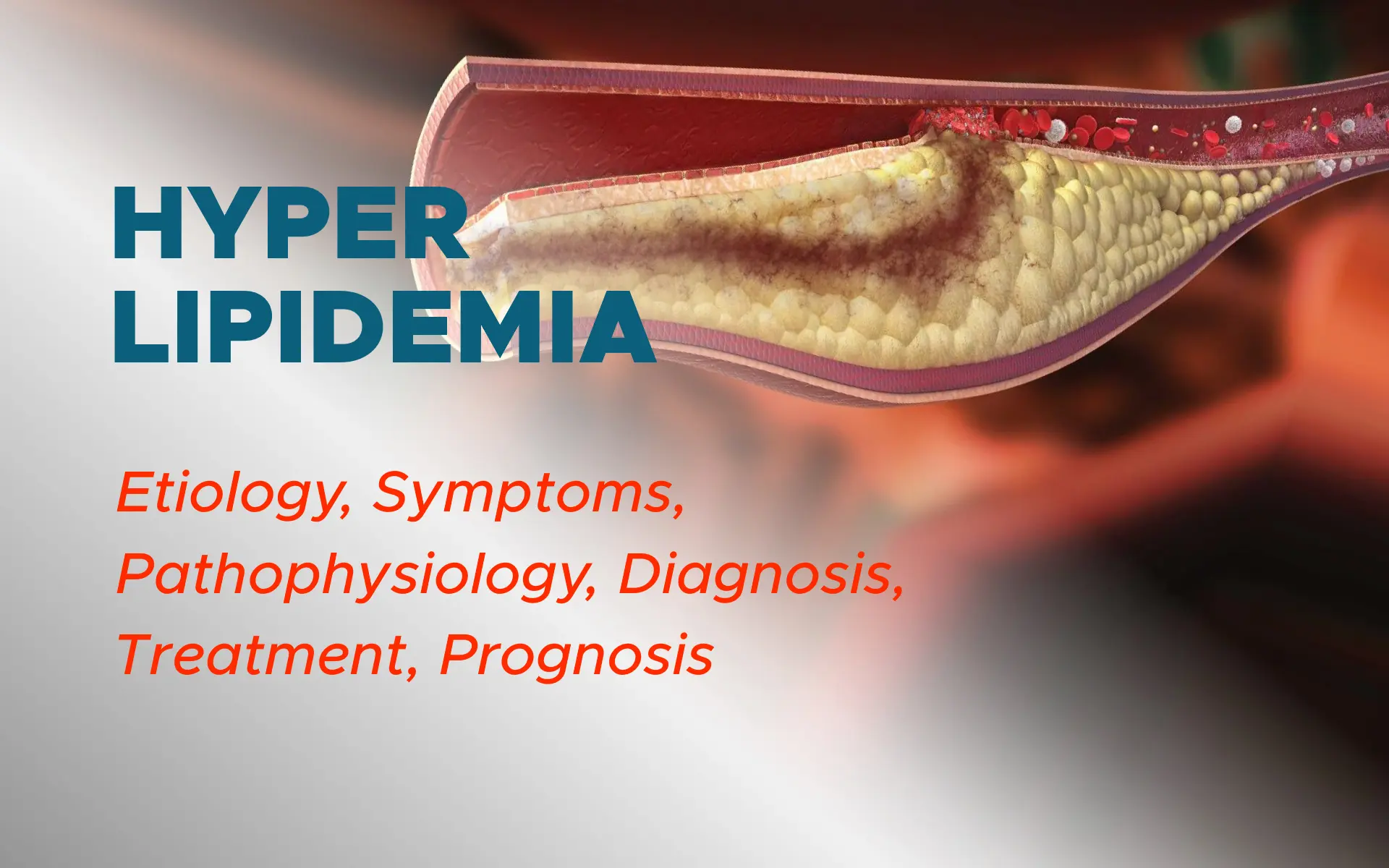Can Hypolipidemia be Cured?
Sometimes
Management involves addressing the underlying cause and restoring normal lipid levels; outcomes depend on the specific cause and the success of treatment

What is Hypolipidemia?
Hypolipidemia refers to low levels of lipids (fats) in the blood, including cholesterol and triglycerides. While lower lipid levels are generally considered beneficial for heart health, excessively low levels may pose risks. Treatment involves addressing the underlying cause and making lifestyle modifications to maintain a healthy balance of lipids.

Clinical Aspects

Characteristics
Abnormally low levels of lipids (cholesterol and triglycerides) in the blood

Symptoms
Fatigue, weakness, nutritional deficiencies

Diagnosis
Blood tests, sometimes genetic testing

Prognosis
Variable, depends on underlying cause

Complications
Potential for cardiovascular complications
Etiology and Treatment

Causes
Malnutrition, certain medications, hyperthyroidism

Treatments
Treatment of underlying causes, dietary modifications, medications to raise lipid levels

Prevention
Treatment of underlying causes, dietary modifications, medications to raise lipid levels
Public Health and Patient Perspectives

Epidemiology
Rare, often genetic

Patient Perspectives
Lifelong management tailored to lipid levels
This information serves as a general overview and does not constitute professional medical advice. Always consult with healthcare providers for accurate and personalized insights regarding your health.
Share: